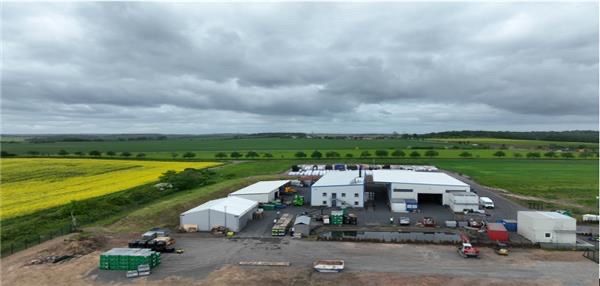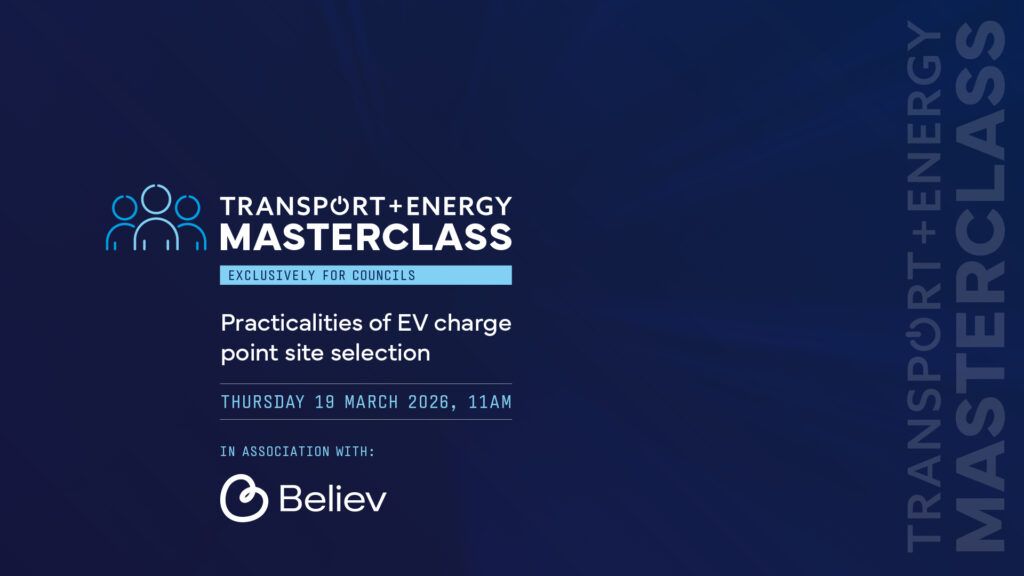Battery recycling firm Ecobat has announced the commissioning of three lithium-ion battery recycling facilities within one year.
Located in Hettstedt, Germany; Casa Grande, Arizona; and Darlaston, England, the facilities are now fully operational, and are capable of processing up to 10,000 tons of lithium-ion batteries annually, with plans to scale capacity to 25,000 tons.
The newly commissioned plants focus on the production of black mass, the critical material derived from recycled lithium-ion batteries, rich in essential minerals such as lithium, cobalt, nickel, manganese, and graphite. Black mass plays a crucial role in enabling the closed-loop production of batteries, reducing the need for new mining and supporting the development of sustainable battery supply chains.
Ecobat’s three new recycling facilities are strategically located to meet the growing demand for sustainable solutions in key global markets, with the Hettstedt plant processing a wide variety of battery chemistries, including electric vehicle (EV) packs, portable electronics, e-bikes, and power tools; Casa Grande working directly with automotive OEMs, battery manufacturers, and e-waste recyclers, to the efficient processing and recovery of black mass; and Darlaston serving as a critical hub for Ecobat’s operations in the UK and European market, and also providing diagnostic services and supporting sustainable material flows in the British supply chain.
Brett Horton, Managing Director of Ecobat Solutions, said:
“Ecobat’s rapid expansion in lithium-ion battery recycling demonstrates our commitment to meeting the growing demand for sustainable, closed-loop production processes.
“With EV sales rising and more end-of-life batteries entering the market, our new facilities are well-positioned to meet these challenges, creating value for our partners and stakeholders, while helping to drive the transition to a circular economy.”
Stefanie Scruggs, Chief Sustainability and Health, Safety, Environment Officer at Ecobat, said:
“We remain dedicated to driving innovation in battery recycling and advancing our mission to create a cleaner, more sustainable future,” said
Image courtesy of Ecobat












